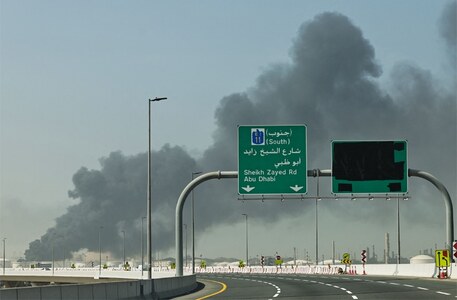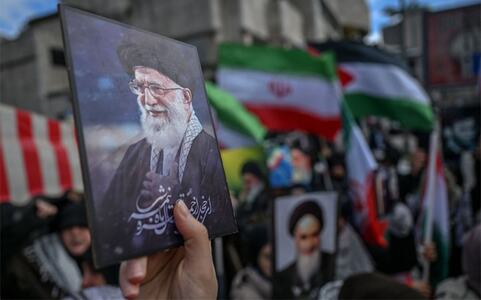PESHAWAR: Religious scholars from different schools of thought in a conference here on Tuesday called upon Afghanistan’s Taliban leadership to re-visit its decision to bar girls from secondary education and ensure the people’s access to education without discrimination.
Afghan clerics also participated in the event on ‘Girls Education: Importance in Islam and Role of Religious Leaders’, the organisers said.
The conference was held by the Muttahida Shariat Mahaz, a syndicate of the leaders of all sects, and attended by a delegation of the Council of Islamic Ideology, and women lawmakers.
In a joint declaration carrying their signatures, Islamic scholars and ulema highlighted the importance of the girls’ education in light of the teachings of Holy Quran and Sunnah and sought the reopening of secondary schools for girls in Afghanistan to ensure that all Afghan children can continue getting education without discrimination.
Call for synergised efforts to promote female population’s access to education
The Taliban government recently banned girls from secondary education by ordering high schools to re-open for boys only. The ban sparked outcry around the world.
Speakers in the conference emphasised the role of motivated and committed religious and community leaders for the promotion of girls’ education and transformation and said those leaders worked individually and collectively to convert their commitments into meaningful actions.
They also demanded the Afghan Taliban government allocate all required resources and facilities to support and promote the local girls’ access to secondary education and ensure that girls have an access to education without fear and intimidation and can play their role in social, political and economic development of their country.
In the declaration, the participants said for the girls’ education, the social transformation needed to tackle entrenched stereotypical norms and structures, which resisted the change.
Addressing the conference, Khyber Pakhtunkhwa chief khateeb Maulana Tayyab Qureshi said for the sustainable change towards girls’ education across Muslim countries, religious leaders should play their due role at the community level.
He said the Afghan Taliban’s decision to bar girls from education had created uncertainty.
“We must work in collaboration with civil society actors for the implementation of innovative approaches and cultural transformation on the girls’ and women’s education and empowerment, especially to increase the rates of the completion of education by girls at all levels across Muslim countries,” he said.
Former chief khateeb Qari Rohullah Madani, who had also served as a religious affairs minister, said Islam had declared seeking education mandatory for its followers more than 1400 years ago.
He said the world had accepted that as the women’s right not long ago.
Mr Madani said women had never been barred from getting education in the Islamic history. He said a controversy had been generated over the girls’ education, which was regrettable. The former chief khateeb, however, expressed reservations about co-education.
Senior researcher at the Council of Islamic Ideology Ghulam Majid said Islam encouraged women to be educated and have an active participation in public life. He said synergised efforts and actions by governments, faith groups, traditional leaders, non-governmental organisations, civil society groups, young people, practitioners, communities, international organisations, media and the private sector must be strengthened to promote girls’ access to education at all levels.
Allama Syed Hashim Musavi, a religious leader of Hazara community from Madressah Baaqirul Uloom, Quetta, expressed concern about the closure of secondary schools for women in Afghanistan and said the Afghan government’s move had deprived girls of their basic right to education.
“We must facilitate women and girls to avail themselves of opportunities for economic growth for which we call upon Muslim governments to invest money for improving girls’ education so that they have the knowledge, education, skills and self-confidence to participate in economic spheres,” he said.
The conference concluded with the declaration endorsed by religious leaders on girls’ secondary education and women’s empowerment, announcing girls’ access to education at all levels a fundamental right, and calling the Muslim government across the world to redouble efforts and work together to ensure that all children, especially girls, have access to 12 years of safe and quality education.
Published in Dawn, March 30th, 2022































